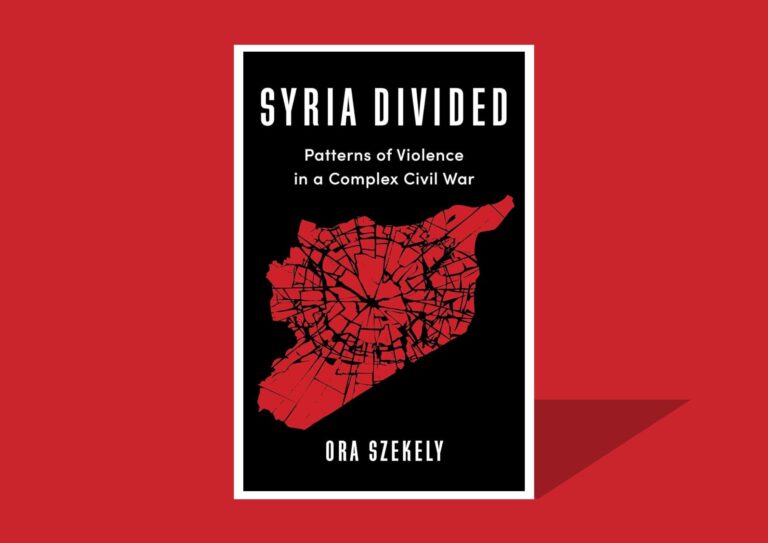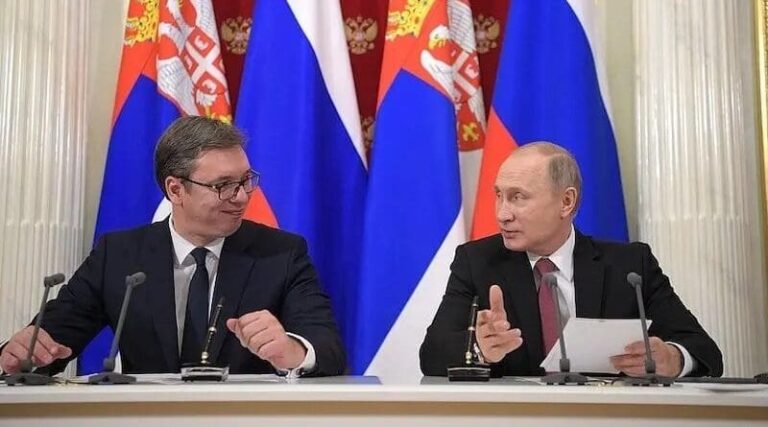Nate Rosenblatt, a 2009 SAIS graduate, reflects on his experience building an American-style university in Iraq.
The city of Sulaimani lies in the foothills of the rugged mountain range that forms Iraq’s natural northern border with Turkey. Far from the blood-soaked geography of sectarian strife in Baghdad or ethnic conflict in Kirkuk, it is perhaps the safest and most tolerant metropolis in the country, famous for its resistance to Saddam Hussein. Here, Iraqi and American political leaders have built one of Iraq’s newest institutions—the American University of Iraq, Sulaimani (AUIS).
AUIS was founded in 2006 to “create a university where talented students in Iraq and the region would come to learn regardless of origin or affiliation.” I arrived three years after the school’s founding to help build research capacity. At the time, classes still took place on a temporary campus of portable cabins filled to the brim with students, and there was a dire need for people who could lend a hand. In addition to my assigned task of building the research centers, I would at various times serve as assistant dean of students, head of the school’s international relations office, founder of the women’s soccer team, and coach of the debate society. It was a great and exciting project; with all of the work that needed to be done, I felt I did not have enough hours in the day to give of myself to the school.
I came to realize that the challenges facing the university are in many ways emblematic of those facing Iraq as a whole. As in other American efforts, progress at AUIS has been marked by the extreme hope and frustration that come from operating in a chaotic environment. Two weeks after enrolling 200 new students, half would withdraw. The vast scope of our mission amidst the country’s harsh realities remind me of the words of the late journalist Anthony Shadid:
I leave this place with thoughts of thwarted ambitions, of the failure of occupation, of a grim future inherited by men with guns and the culture they bring. But there is also a resilient hope among Iraqis, a tenacious refusal to surrender their country to the forces of violence and chaos.
Americans have indeed tried to build something new in the face of Iraq’s inertness that is equal parts “men with guns” and a highly traditional society reluctant to embrace the challenges presented by their changing fate. One such obstacle to change is wasta, the age-old favor system that dominates the region’s politics. Wasta is something all successful Iraqi politicians have: the ability to build a network of dependent clients who need a job or a loan to start a new business, the authority to resolve a dispute between families and to enforce its outcome, or solve any number of other daily problems. It is seemingly unassailable: though most Iraqis understand that this system is highly problematic, they seem to have no choice but to play by its rules.
Despite our efforts at the university and others across Iraq, eight and a half years of American intellect and might have not been able to change the wasta-based system. We have not changed the rules enforced by the conservative culture of sheikhs and sayyids, and the men with guns who too often become their allies. America has not bequeathed a country that President Obama promised would be “sovereign, stable and self-reliant” in his farewell speech to Iraq at Fort Bragg in December 2011. Nor is there a stable and self-reliant future for AUIS. The challenge in meeting the President’s goals lie in the tradeoff between conflict management and nation building: the former requires one play by the rules of the local game, while the latter requires one rebuild the rules to fit some loosely defined international standard. America has tried to introduce a foreign system to a highly conservative land in a short period of time. It should be unsurprising then, that in spite of the great creativity and potential of Iraqi youth, Iraq’s first strife-ridden post-American months reveal a country no further along in developing a tolerant, pluralistic political system than it was immediately after the overthrow of Saddam Hussein.
Written by Nate Rosenblatt
Nate Rosenblatt is the Research Coordinator at the American University of Iraq, Sulaimani (AUIS). Nate earned his M.A. from SAIS in 2009.



